How to become a Senior Biomedical Engineer
This article looks at the career progression of an engineer moving from working in electronics to becoming a senior biomedical engineer. Meet Anand Machindra Dalvi.


Moving from India to Ghana as an experienced Engineer for Medical Equipment
Background and path to engineering
Could you give a brief description of your background and what led you to study and work in biomedical engineering?
After school I passed the ITI Electronics & NCTVT. Then, I started my professional career as an engineer at a manufacturing company of electronic circuit boards.
There I had the chance to work on projects ranging from optimizing production processes to designing new products.
One of my notable accomplishments was leading a team that developed an innovative solution to improve efficiency and reduce costs in our manufacturing line.
Throughout my journey, I’ve had experience with hybrid micro circuit testing and repairing. I have had the privilege of working with inspiring mentors who have guided me and shared their expertise. Their guidance has been invaluable in shaping my career and helping me grow both personally and professionally.
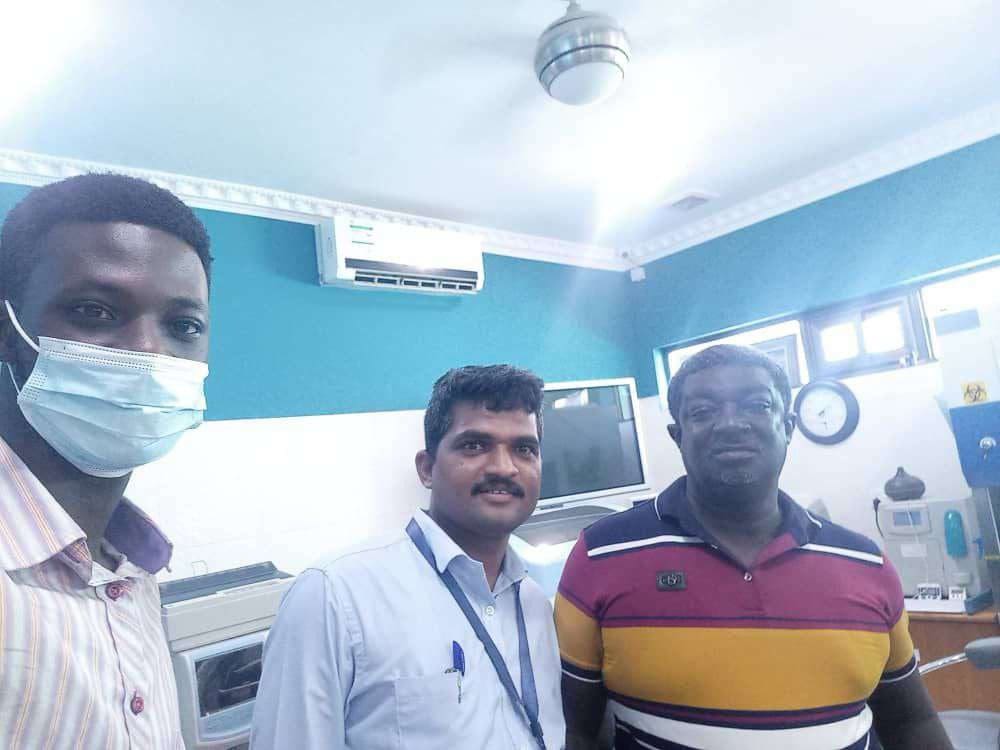

Move to medical engineering
When did you move into medical engineering?
Since December 2009 I have been working in the medical and healthcare industry as a Biomedical Technician. At present I am employed as a Service Manager and Head of Service at Advent International Limited in Accra, Ghana.
Why do you enjoy engineering?
I’m proud to be part of the engineering community and to contribute to advancements that make a positive impact on people’s lives. Engineering has been an exciting and fulfilling path for me, and I’m excited to see where it takes me next.
I enjoy working on challenging projects, as well as solving critical equipment problems. I feel that it is my duty to share my knowledge with trainees about the basics of electronics as well as the proper operation of each piece of equipment.
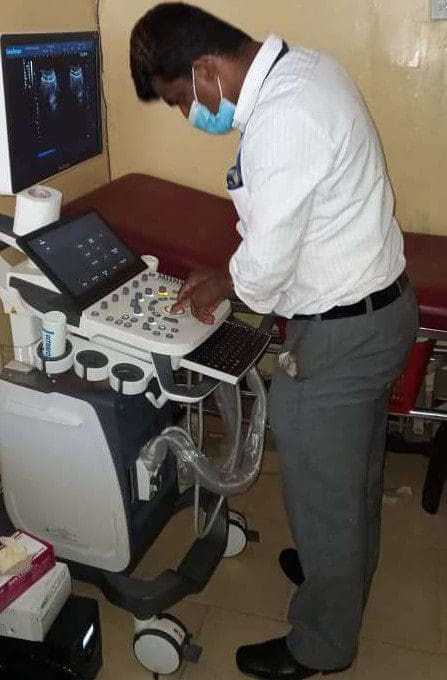

Mentors and inspirations for becoming a senior biomedical engineer
Who have been your mentors and inspirations at different stages of your life?
A significant part of my journey has been guided by mentors and inspirations as well! They have provided me with valuable guidance, support, and insights that have shaped my career path in engineering. Some of my bosses have been an inspiration to me.
Abdul Basit Shaikh – Biomedical General Manager, Sahyadri Speciality Hospital
Chandrakant.R. Kulkarni sir – General Manager, Weiler international Limited
Anil Bagati – Technical Director, Advent international Limited
Rajendra Dhar –Director, Advent International Limited
What in particular did they teach you?
All of them advanced my knowledge and so improved my technical abilities and communication techniques.
Moving countries
You relocated from India to work in Ghana. What did you learn from working in another country?
Moving to a new country can be an exciting and transformative experience.
When I relocated from India to work in Ghana, I learned to embrace cultural diversity, adapt to a different work environment, and appreciate the rich traditions and customs of Ghanaian culture. It was a valuable opportunity to broaden my perspective, enhance my cross-cultural communication skills, and develop a deeper appreciation for the global nature of Engineering.
What advice would you give to an engineer moving to work in another country?
I would give an engineer moving to work in another country five pieces of advice.


Embrace cultural differences
Be open-minded and respectful of the local customs, traditions, and work practices. Take the time to learn about the culture and adapt your approach accordingly.
Build relationships
Networking is crucial in a new environment. Connect with colleagues, professionals, and locals in your field to expand your professional network and gain insights into the local industry.
Learn the language
If the country has a different language, making an effort to learn it can greatly enhance your communication and integration. It shows respect and helps you connect with colleagues and locals on a deeper level.
Understand local regulations and standards
Familiarize yourself with the local laws, regulations, and engineering standards to ensure compliance and successful project execution.
Seek support
Find a mentor or join professional organizations that can provide guidance and support during your transition. They can offer valuable insights into the local industry and help you navigate any challenges.
Conclusion
Remember, this is just a starting point, and there may be other considerations specific to the country you’re moving to. Good luck with your international engineering adventure!
Typical week as a senior biomedical engineer
What is your typical week like?
I usually have a mix of work, personal activities, and time for relaxation. I spend my weekdays working on engineering projects, collaborating with colleagues, and attending meetings. In the evenings, I enjoy pursuing my hobbies, such as reading, playing sports, or spending time with friends and family. On the weekends, I like to explore new places, try out new restaurants, or engage in outdoor activities. It’s all about finding a balance between work, personal life, and self-care.
Which other people in your company give you support?
When it comes to my company, my biomedical technician assists me during installations and preventive maintenance. Our sales engineers and sales managers communicate with customers, providing them with quality equipment and service guidance. Additionally, we have accounts people who handle the accounting aspects of the company.
What are your tips for the best ways to share knowledge and experience with other engineers?
I have six tips for sharing knowledge and experience with other engineers. I feel that sharing knowledge and experience not only helps individual engineers grow but also strengthens the overall capabilities of the team.
Foster a learning culture
Encourage a culture of continuous learning and knowledge sharing within the team.
Provide training opportunities
Organise training sessions or workshops to enhance technical skills and share best practices.
Encourage collaboration
Promote teamwork and collaboration among engineers to facilitate knowledge exchange and problem-solving.
Be open and approachable
Create a supportive and collaborative environment where others feel comfortable asking questions and seeking guidance.
Communicate effectively
Clearly articulate your ideas and explanations, using simple and concise language. Visual aids or diagrams can also be helpful.
Lead by example
Demonstrate best practices and share real-life examples from your experiences to provide practical insights and inspire others.
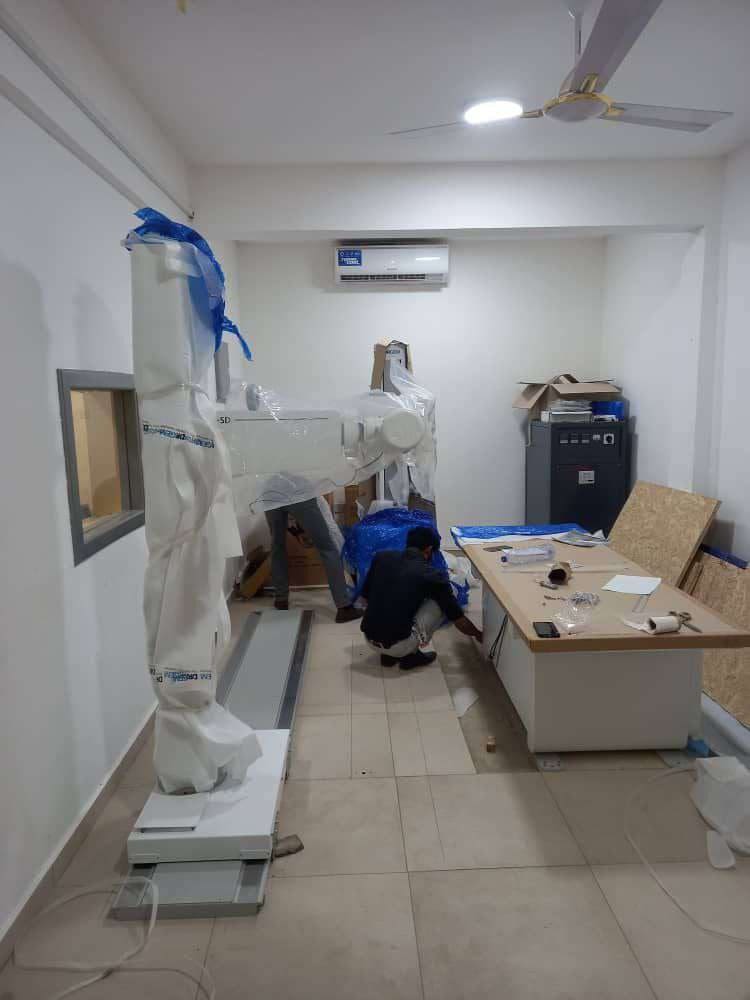

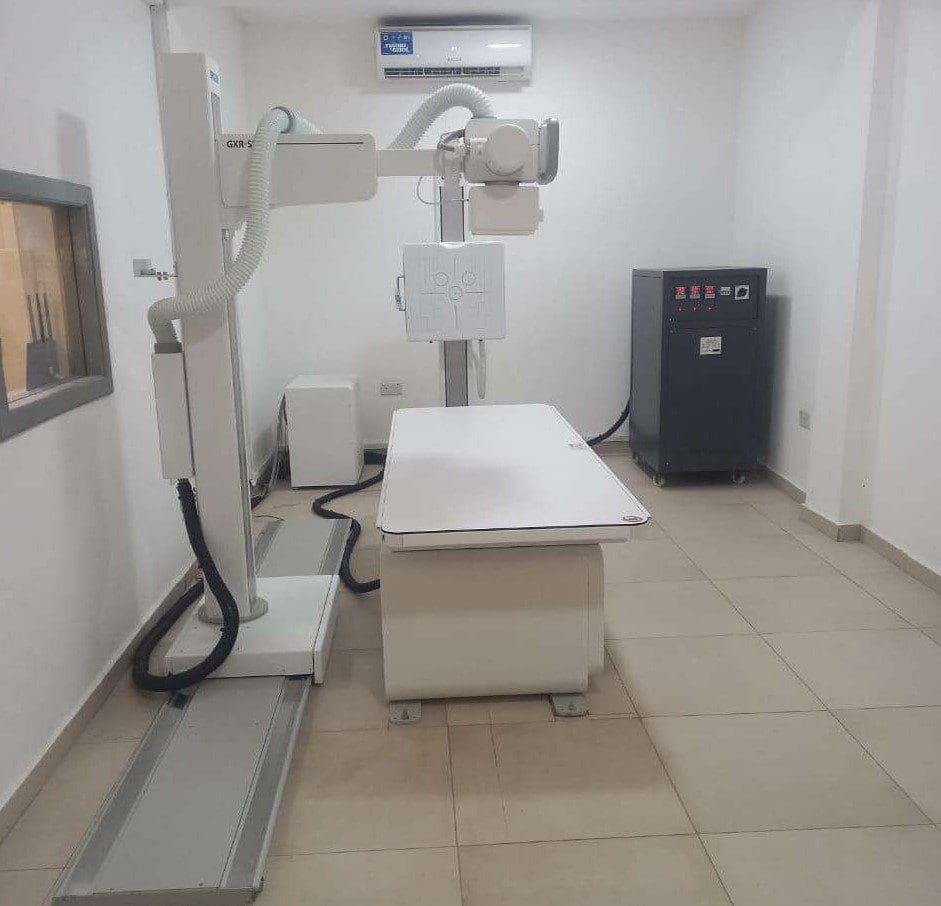

Building relationships with customers
Building relationships with customers is essential for any business. It’s about creating a connection, understanding their needs, and providing excellent customer service. Active listening, empathy, and clear communication are key. By going the extra mile, offering personalized solutions, and following up, you can foster long-term relationships and customer loyalty. Remember, a happy customer is a returning customer!
How do you start to build a relationship with a new customer?
When visiting a new customer for the first time, it’s important to make a positive impression. I would start by researching the customer’s background and needs beforehand. During the visit, I would introduce myself, listen actively, and ask questions to understand their specific requirements. Building rapport and showing genuine interest in their business will help establish a strong foundation for a successful relationship.
How do you develop the relationship so that it becomes more than just ‘supplier’ and ‘customer’?
Regularly engage with them through meetings, phone calls, or emails to establish a strong rapport. Additionally, delivering on your promises, being transparent, and seeking feedback can help foster long-lasting relationships.
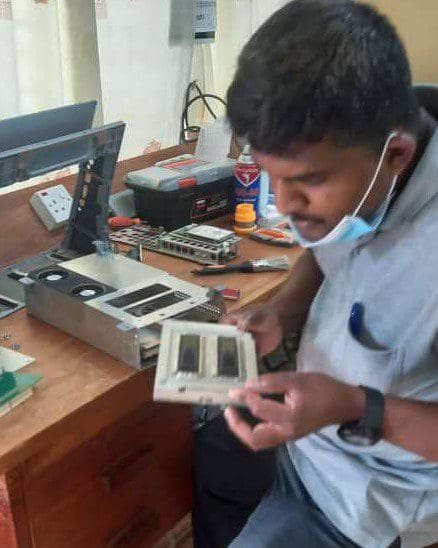

Equipment used as a senior biomedical engineer
I have experience on a range of equipment and handling the installation, service, and training.
Fixed X-ray machine & Digital mobile X-ray machine
Ultrasound machine & portable ultrasound machine
Anaesthesia Machine & Ventilator
Endoscopy tower with Gastroscope & Colonoscope
Laproscopy Tower
Operating Theatre
OT Light
OT Table
Surgical Diathermy
Dental chair & Dental x-ray
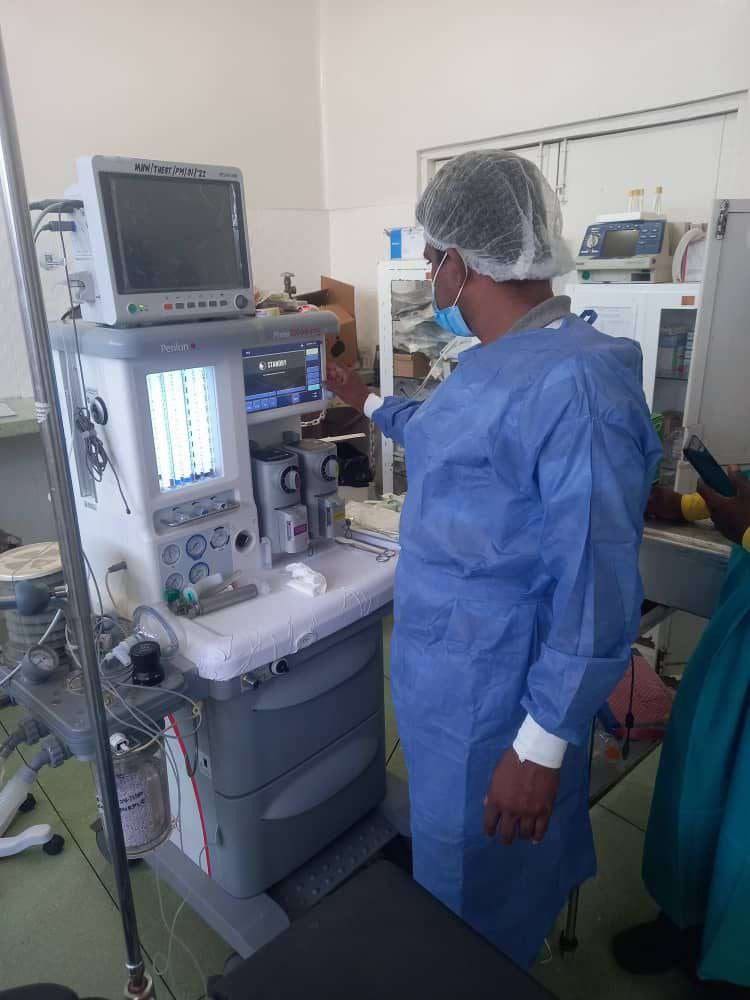

What are your favourite types of equipment to work on?
I like to work at component level of power supply and try to repair at board level. As well, I have a passion for working with critical care and diagnostic imaging equipment. Handling the installation and service of these types of equipment can be challenging but also rewarding. It’s important to stay updated on the latest technologies and advancements in the field to provide the best service possible.
What has been the most difficult/challenging piece of equipment you have worked on?
The most difficult work for me was a 40-kW x-ray machine installation. I only had one person working with me and the room size was very small.
Most challenging part of the job as a senior biomedical engineer
Can you give some examples of challenging jobs you have worked on?
The most challenging job for me was attending the breakdown of a Penlon Prima 320 Advance Anesthesia machine. I checked the system test, and the oxygen sensor and circuit leakage tests failed. Several times the bellows assembly was opened and reconnected properly. The PM kit was replaced, but the leakage test failed. Finally, I resolved the issue and found the front panel with the APV value tube open. I reconnected the tube, and the machine then operated perfectly.
Can you give another example after you arrived in Ghana?
When I landed in Ghana, one of my most challenging jobs was installing the Kiran 40 Kw X-ray machine with FPD. It required careful setup and calibration to ensure accurate and high-quality imaging. It was a rewarding experience to successfully complete the installation and contribute to improving healthcare in Ghana Holy family hospital Berekum.
Have you ever arrived on site and found that it’s been much easier than you expected? For example, have you just needed to switch on a machine.
When I was working as a field service engineer, the first step I would usually take when a customer’s machine wasn’t working was to try restarting it. This often helps to resolve minor issues and gets the machine back up and running smoothly. However, it’s important to note that different machines may have specific troubleshooting steps, so it’s always a good idea to consult the machine’s manual or contact technical support for guidance. Approximately 20% to 30% of medical equipment functions well when you restart the machine.
An example
I remember this one breakdown call after a long 16-hour journey. When I restarted the ventilator, I noticed that the set tidal volume wasn’t properly delivering to the patient. After checking all the details and everything seemed fine, I realized the issue was with a blocked endotracheal tube. Interestingly, when I used the same ventilator with another patient, it worked perfectly. I informed the doctor about my diagnosis and quick service, and he was very happy. It’s moments like these that make me proud of my work.
What is the first thing you advise to do when you arrive on site?
When you arrive on site and are in front of a machine go through the manufacturer’s guidelines. Then follow all rules as per the service and operation manual.
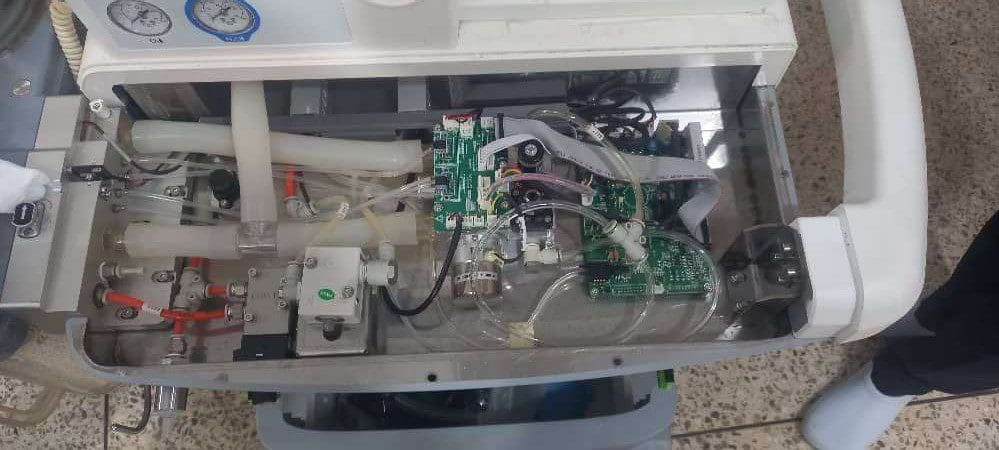

Making a future star
What sort of personality traits and skills are ideal for this career?
The traits and skills include:
being detail-oriented,
good at problem-solving,
being adaptable and open to learning,
having good communication skills and,
being patient and calm under pressure.
Overall, a combination of technical expertise, interpersonal skills, and a passion for helping others makes for an ideal fit in this career.
The author of becoming a senior biomedical engineer
Anand Dalvi was born, educated and began his career in India. He worked in electronics and then transitioned to working as a biomedical engineer for medical devices. His current role is in Accra in Ghana.
Anand’s next goals are to learn an advanced level of communication and installation of CT scan, MRI and Cath Lab Equipment.


Further reading
Meet Elsie Kafui Ayi a Biomedical Engineer and Trainer from Ghana
Deborah Nutsugah a Hospital Ship Biomedical Engineer


Responses